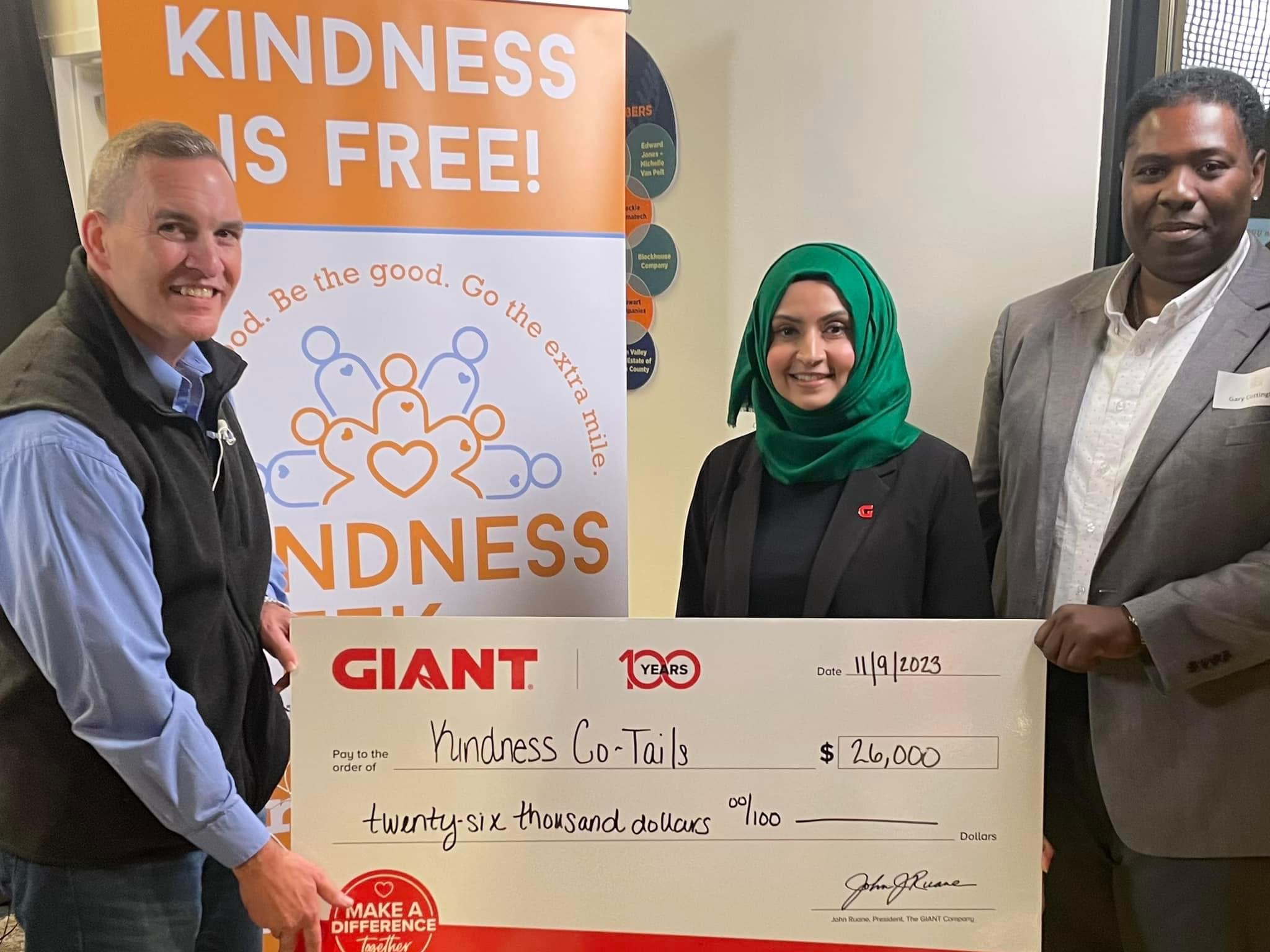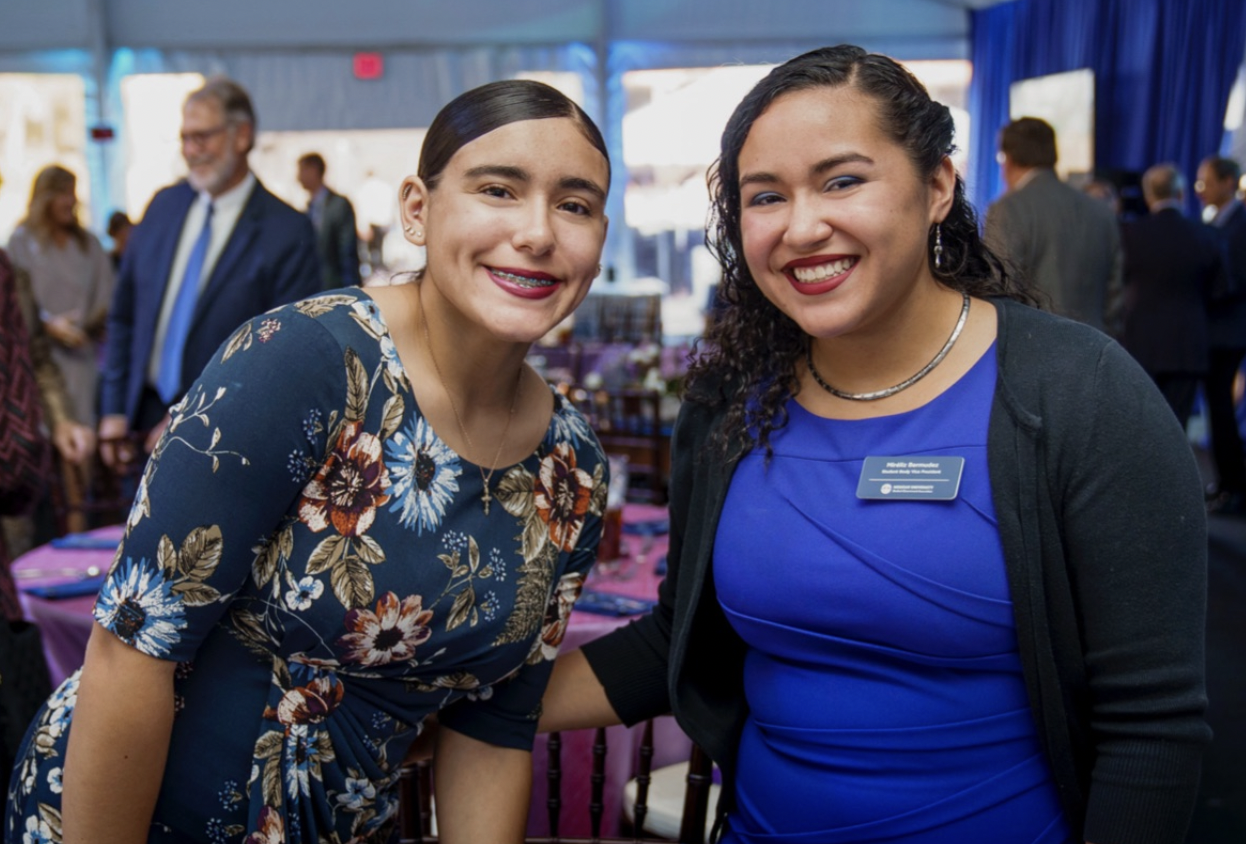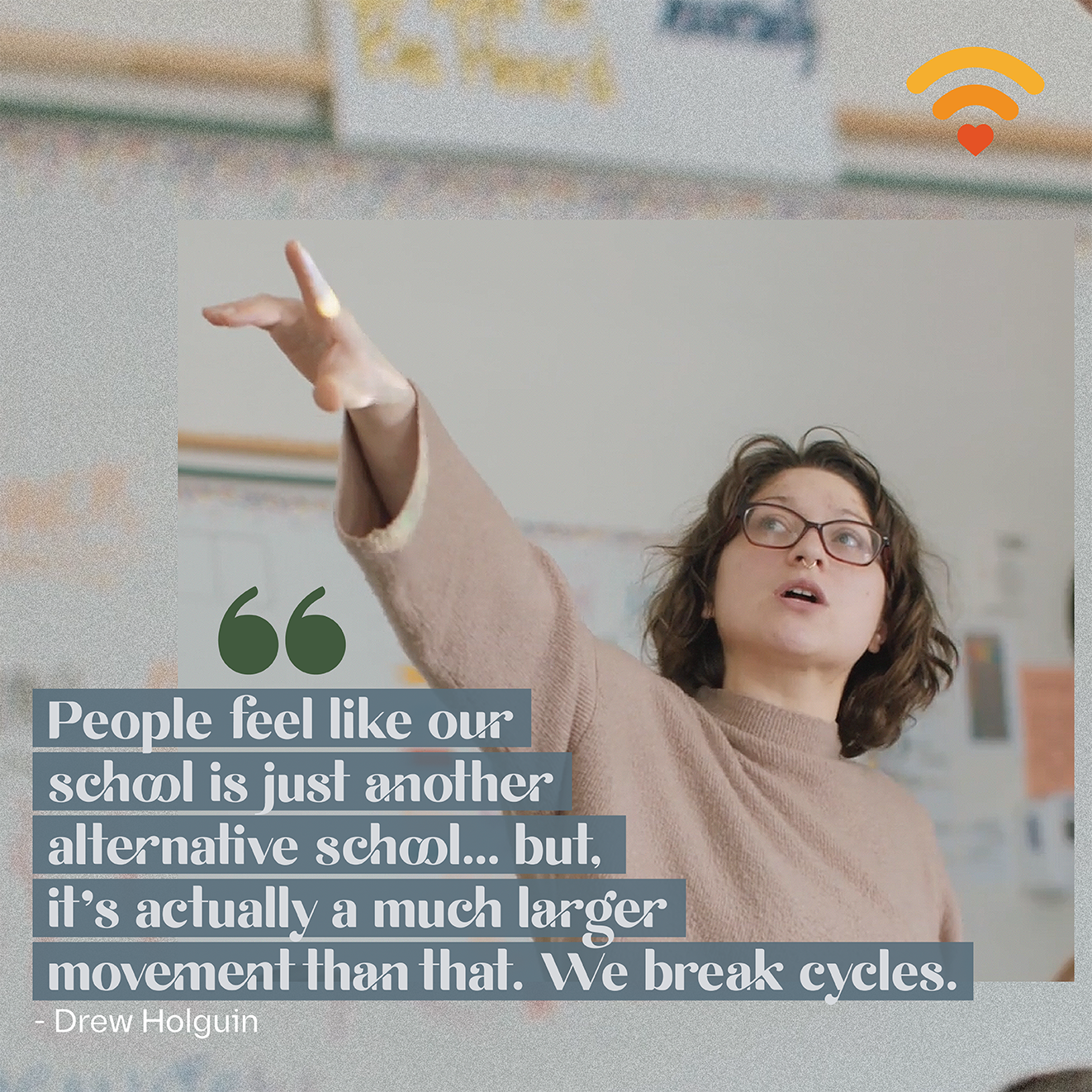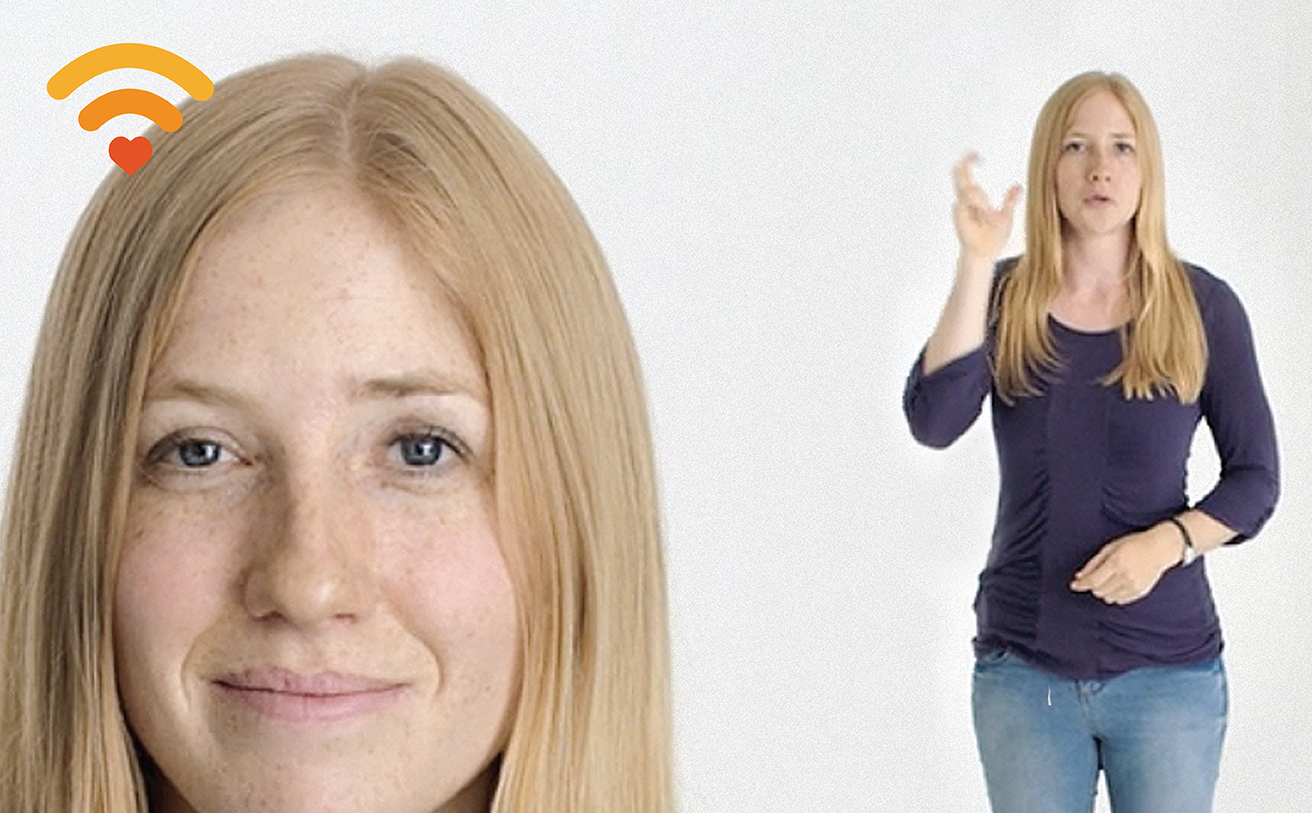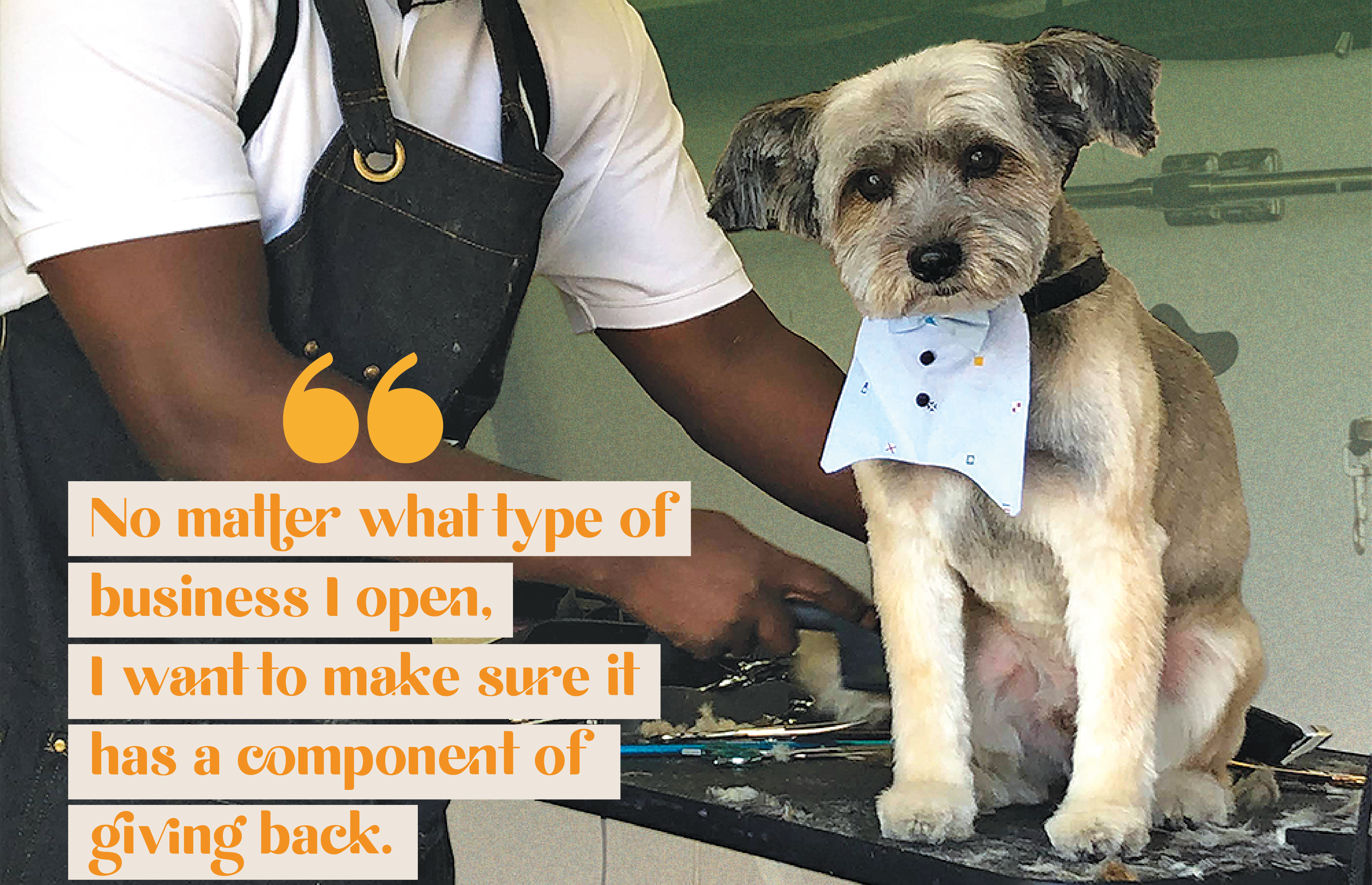Every community shows kindness in unique ways, and, in Tucson, Arizona, a local non-profit gem called Tu Nidito demonstrates the principles of kindness by allowing normalization of the many complicated emotions which come from losing a loved one or knowing somebody with a serious medical diagnosis.
Tu Nidito translates as, “your little nest,” and for hundreds of grievers of various age groups in Tucson, Tu Nidito is a nest of reprieve, acceptance, and catharsis. A small group of essential staff coordinates the grief support groups which occur weekly and are varied by age groups. “Littles” are between ages 3 1/2 and 7 years old; “Middles” are ages 8 to 12, and “Teens” are ages 13-19. There are also adult groups, for the parents or guardians of “middles,” “littles,” and “teens,” and a Young Adult group that meets on the nearby University of Arizona campus.
The night begins with the entire group meeting as a whole to hold hands and acknowledge that while the reason for being present may not be a necessarily happy one, the connection shared is a good one. Regardless of the age bands, group support nights for participants consist of three crucial pieces, facilitated by community volunteers: the check-in, the talking circle question, and the activity.
When a person is sharing, they hold the “talking stick,” a colorful, glittery baton which indicates that the floor is theirs. During check-in, group participants have the chance to share their name, the name of their “special person” who died, and how they have been doing lately. In “Little” and “Middle” groups, the check-in allows participants to put words to their often-complex emotions and creates a safe space in which they are heard and accepted. Any participant who does not wish to share can say, “I pass,” without any questions being asked. The talking circle question and activity are themed so that each group on any given night is talking about similar topics related to their grief. One example would be a question such as, “What do you think your special person who died would say to you right now, today?” and a follow-up activity such as writing a letter to yourself from your special person.
The very structure of Tu Nidito’s building, a quaint, home-like location, is conducive to inclusive kindness. Each night, group participants choose different rooms to play in with volunteer facilitators before starting their activities. Rooms include the Volcano Room, where kids can hit the walls with noodles and jump around as a way to release their emotions in a healthy way. Words such as “happy” and “grateful” line the ceiling and walls of the Volcano Room, which leads into the Imagination Room, where participants are able to put on a puppet show or wear different costumes. Another room, the art room, enables youth to make bracelets or showcase their artistic creativity with markers, paint, and glue.
The end of the night sees all group participants meeting again, holding hands, and sharing a “love squeeze” (lightly squeezing the hand you are holding) to keep the love they’re experienced until the next time the group meets. Lisa, a Tu Nidito volunteer, says, “Kindness is putting yourself in the shoes of another and giving them the support they need. Nothing exemplifies that more than Tu Nidito. We’re able to stand next to the children and families as they walk through their journey by just listening and being present for them.”
During the COVID-19 crisis, Tu Nidito support groups have moved online, to Zoom, and the love squeeze is still shared at the end of each meeting by holding hands up to the camera and squeezing before the meeting ends. This simple act of kindness demonstrates that while our emotions and experiences may all be different, we share the commonality of respect for others and appreciation for having heard their vulnerable stories.
Tu Nidito shows the Tucson community kindness by enabling:
• Safe spaces, with no pressure to share
• Respect for others, facilitated by the “talking stick”
• A place to connect with fellow grievers
•A place to explore complex emotions
•Positive, but honest, language and redirection, if needed
Check out your city’s local non-profits and see what kind of kindness they might be spreading, and how you might get involved, too!












